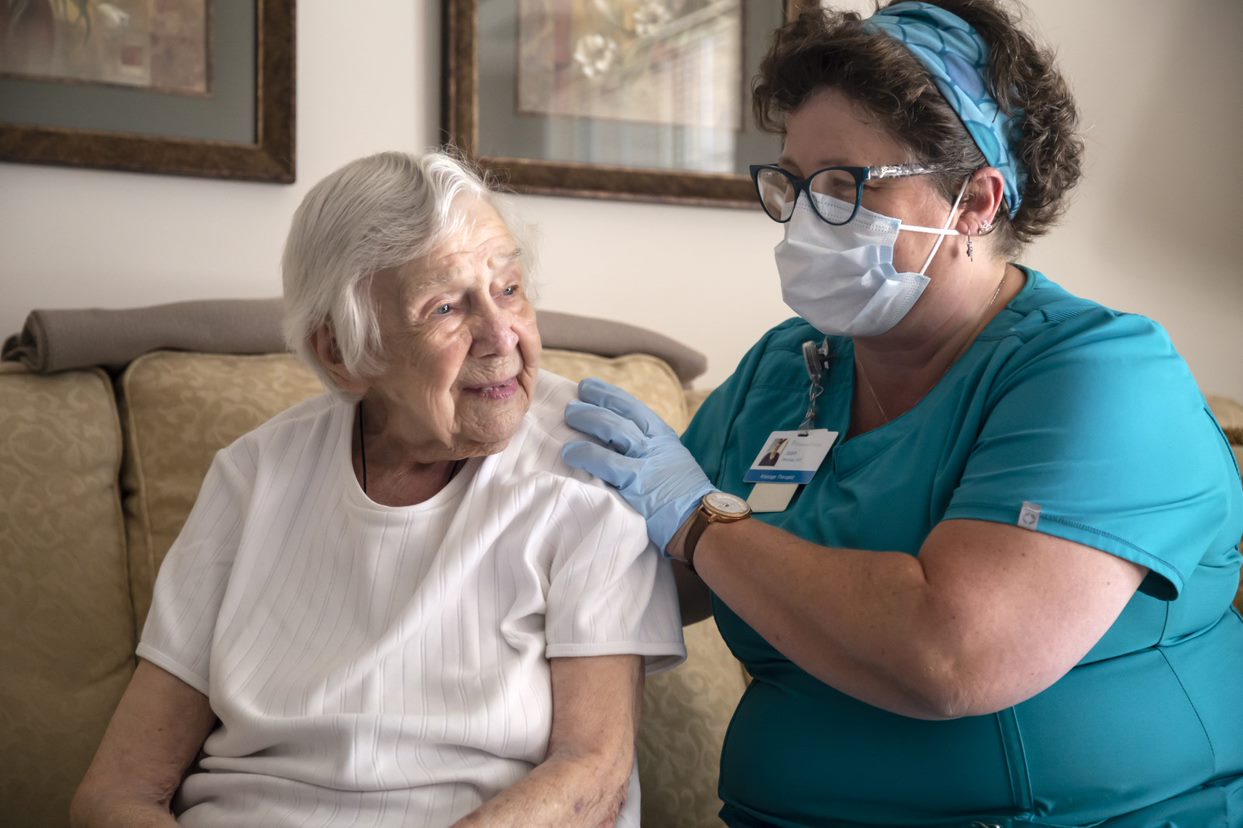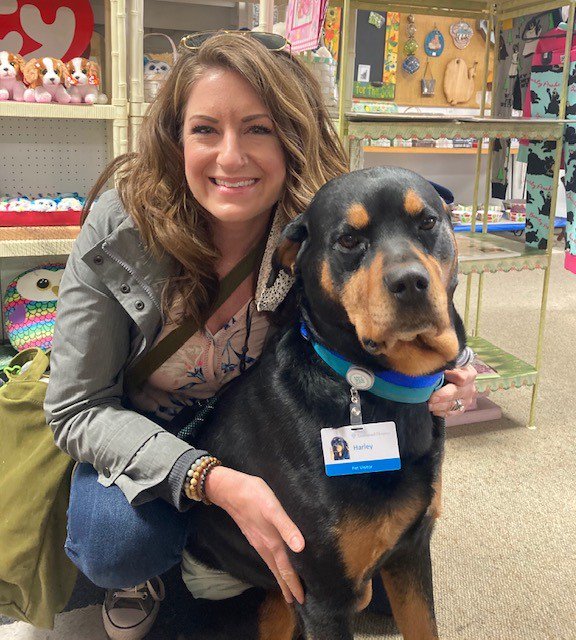The human body’s most complex organ?
The brain, teeming with some 86 billion neurons, all of which are in use and communicating with other neurons to form circuits and share information along myriad pathways.
That is exactly why healthcare providers like Emmanuel Hospice pay special attention not only to a patient’s physical needs, but to the mind – a growing trend among medical professionals in general, who are embracing this holistic approach more than ever before.
“The traditional medical mindset has been to focus in on what is going on with the body,” notes Lauren Enos, a social worker at Emmanuel Hospice who has been a healthcare worker 16 years. “What we’re learning, though, is that things occurring medically can be the result of external stressors and events. When we pay attention to that as well, we gain a more accurate picture of causes and circumstances surrounding what a patient is going through.”
Because providing comfort is a primary goal of hospice programs, it’s important to know a patient’s history so that they can receive the best care possible.
“A person’s life is steeped in history, culture and habit,” Enos says. “They’re a product of the people who came before them, and it can inform their qualities and characteristics – anything from education to spending habits to relationships.”
Learning about how a person thinks and acts – especially in a singular situation like dying – can help caregivers approach that patient and their friends and family in more sensitive ways.
“Each patient could be someone who perhaps is carrying five generations of history with any particular issue,” Enos says. “It’s important we know as much as we can.”
As a social worker, Enos says it’s especially important to be an active listener. The rewards will manifest themselves in the patient’s story, which will provide cues as to what they’re thinking and why they react the way they do. They will also serve as a springboard for developing strategies to effectively navigate end-of-life needs.
“We want to decrease the patient’s tension, and maybe that’s achievable in having someone play music for them and sing hymns,” Enos says. “Maybe it’s through massage therapy or acupuncture or just practicing deep breathing.”
At Emmanuel Hospice, a full slate of complementary therapies is available to patients and their families, including journaling, which can take multiple forms. While some patients make daily diary-like entries, others might simply write a letter or two that helps them internalize feelings that are tough to verbally express.
Another program offered is Art Legacy, which gives patients the opportunity to create and leave behind legacy artwork for their loved ones. Patients can use anything from crayon to watercolor paint, fabrics and more for self-expression.
“All of these activities allow the mind to relax and let creative energy flow,” Enos says. “It can bring emotions to the front.
“Supporting our patients’ minds culminates in some very powerful moments. It begins with having a respect for the entire person and all the systems they might be in – home environment, community, school, family origins. It’s a privilege to be part of a team which honors that process.”

